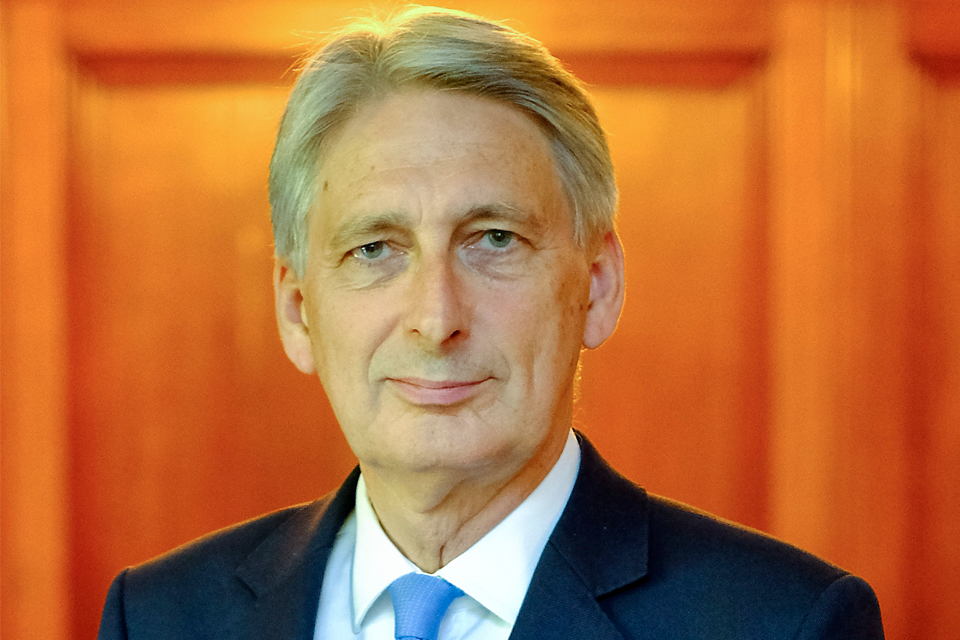Rolling stock: 6 July 2010
Future of the Intercity Express Programme decision delayed till October 2010.

I am today (6 July 2010) announcing that a decision on the future of the Intercity Express Programme (IEP) will be made at the same time as the spending review announcement in October. IEP would provide new trains for the East Coast and Great Western Main Lines, and is separate from the High Speed 2 proposal. IEP is a complex programme which has interdependencies with several other major rail projects, and as expenditure on rail projects will be re-assessed in the context of the spending review, it would be irresponsible to make a decision on IEP in isolation at this time.
Agility Trains was appointed preferred bidder to build and maintain the new IEP fleet in February 2009. In February of this year, the previous government invited Sir Andrew Foster, former head of the Audit Commission, to provide an independent assessment of the value for money of the Intercity Express Programme and the credibility and the value for money of any alternatives which meet the programme’s objectives. Sir Andrew presented his report to me at the end of June, and I am publishing it today.
Sir Andrew suggests that the Intercity Express proposition is ‘positive and attractive’ in a number of ways. He suggests that the PFI-style funding arrangement is novel and well-aligned in terms of financial incentives, faster acceleration and longer carriages would have a positive impact on network and passenger capacity, and the specification has also taken network sustainability and environmental imperatives seriously.
Sir Andrew does express some doubts over the technical feasibility of the new bi-mode trains, but I see this as a lesser issue. Whilst this is a clearly challenging project, I have been impressed by Agility’s willingness to take on the commercial risk for the reliability and performance of the trains. In addition, Hitachi - Agility’s major shareholder - has already demonstrated its commitment to delivering high quality products to the UK rail market through its development and deployment of the new Javelin trains for High Speed 1.
Whilst Sir Andrew’s report acknowledges that the programme has exceeded the department’s value for money thresholds, the value for money has declined over time, and Sir Andrew suggests that he is not convinced that all of the viable alternatives to the programme have been assessed alongside it on an equal footing. Therefore the government will use the period up until the spending review is completed to give further consideration to the alternatives to IEP.
Sir Andrew also expressed some concern over the widespread scepticism of the programme within the rail industry. He suggests that the need for commercial confidentiality in the much-delayed procurement process - that was run by the previous administration - has resulted in insufficient communication between the department and the key stakeholders. Despite involving the rail industry in the procurement process, a sense of disengagement developed, which could have been avoided.
This government fully recognises these concerns and we are already acting on them. In future, we will involve the rail industry more fully in decision making. We have already invited the industry to contribute to Sir Roy McNulty’s review of costs in the rail sector. In addition, we have announced that we will consult widely on franchising policy, allowing the industry to suggest ways to improve the efficiency and value for money of rail franchises, for both taxpayers and farepayers. We will also work with the rail industry to consider how best, in future, to procure and implement major investments in rolling stock, as well as how best to implement the changes that follow from the spending review.
Finally, it remains for me to thank Sir Andrew Foster, Agility Trains and those from the across the rail industry who contributed to the review.
Sir Andrew Foster’s report is available from the House of Commons library and from the Department for Transport’s website.